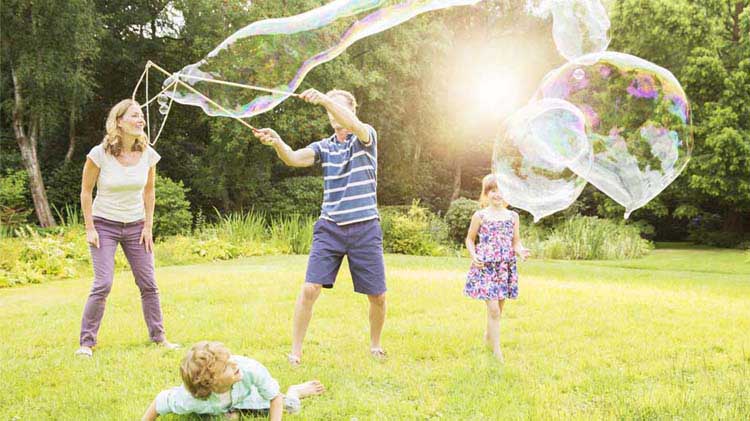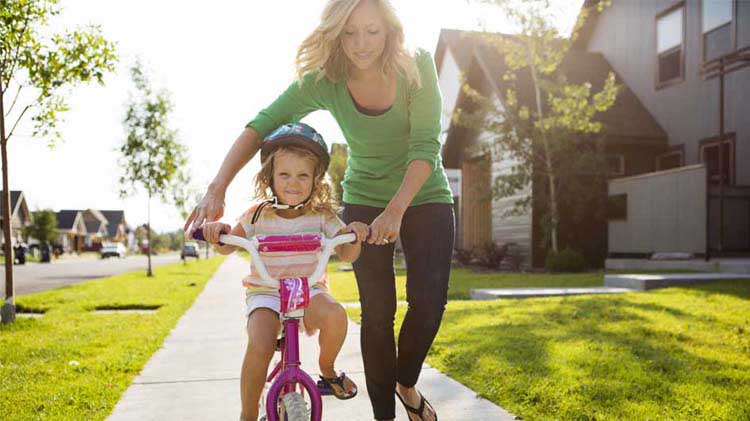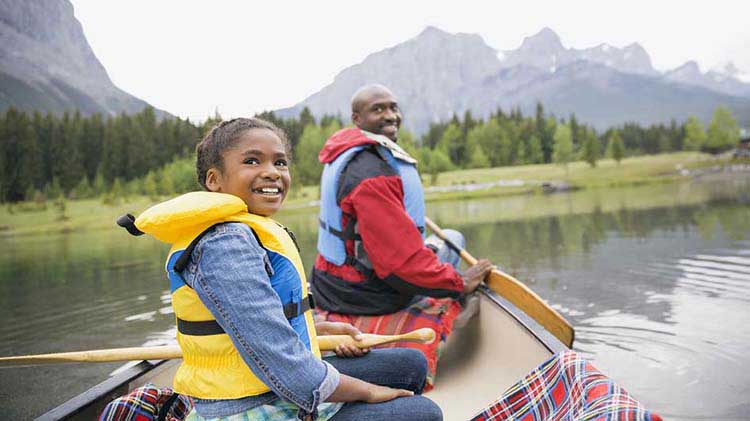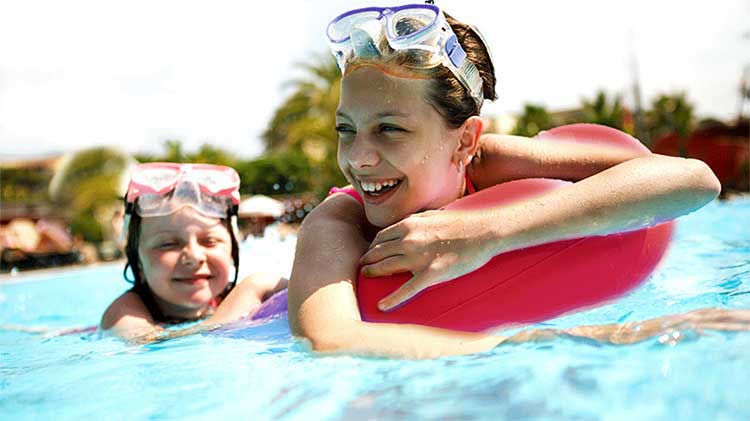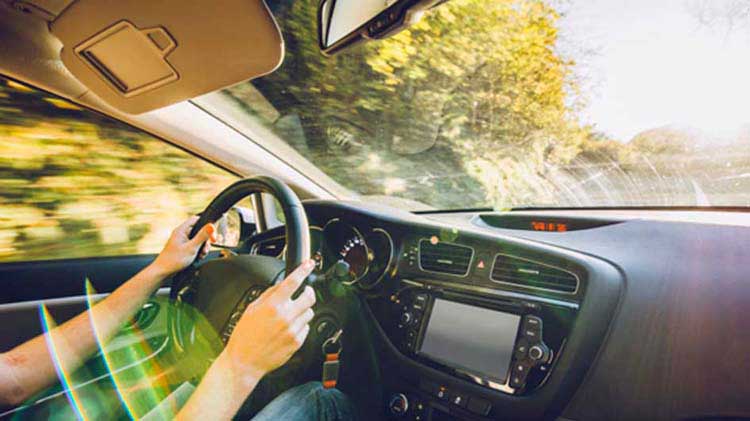Summer heat safety tips
Summer is a season for fun activities and being outside. Here are some hot weather safety tips to help you make the best of this time.
Summer is a time for enjoying the outdoors with family and friends. But it's important to keep in mind that hot weather can be dangerous if proper precautions aren't taken. According to CDC, more than 3,000 heat-related deaths were reported in the U.S. from 2018 to 2020. That's why it's important to take precautionary measures and use good judgment to help protect you and your family for a safe, happy summer.
How to keep your house cool
Consider some of these ideas to help control the temperature of your home when it’s hot outside:
- Look over the air conditioning. Check that it's properly working and insulated. Installing weather stripping on doors and windowsills as part of your summer home maintenance might help keep cool air in and hot air out.
- Cover windows. Use drapes, shades, awnings or louvers for any windows that receive morning or afternoon sun. This can help reduce the heat entering your home.
- Use fans strategically. Try running your ceiling fans counterclockwise to help force air down and make the room feel cooler.
- Cook with small appliances. Consider using slow cookers and tabletop grills, over traditional ovens and stovetops, to help minimize heat.
- Look at your attic ventilation. Think about using a ventilator or fan to help remove excess heat from your attic, which might help with the overall temperature of your house.
How to be safe and stay cool on a hot day
Here are some tips that may assist you when it’s hot in the summer:
- Drink plenty of water and other fluids. Don't wait to rehydrate until you're thirsty. Adults should drink eight 8-ounce glasses of water each day and may need more on hot and humid days.
- Avoid alcohol, caffeine and carbonated drinks. These can lead to dehydration and increase the effects of heat illness.
- Eat meals that are well-balanced and light. Avoid high-protein foods, which increase metabolic heat and can add to water loss.
- Reschedule exercise. Check the weather forecast and try to avoid working out during the hottest part of the day. If there's a heat advisory, you may want to move your workout indoors.
- Wear the right clothing. Wearing light-colored and breathable clothing might help you regulate your body temperature. If you are outside, wearing a cap or hat can help provide additional protection for your face and neck.
- Pace yourself. If you are working or doing activities outdoors, consider taking regular breaks. If possible, try to find a cooler place or some shade for your breaks.
Beware of heat related illness
- Know the warning signs of heat exhaustion. Watch for breathing that is shallow and fast, headaches, dry mouth, pale or clammy skin, muscle cramps, tiredness, disorientation, sweating, passing out, nausea and vomiting. If you or anyone around you are experiencing any heat exhaustion signs, you may want to consult your doctor or go to the ER.
- Know the warning signs of heat stroke. Symptoms include dizziness; a high body temperature (above 103 degrees Fahrenheit); red, hot and dry skin (no sweating); unconsciousness; nausea; confusion; a rapid, strong pulse; and a throbbing headache. Seek immediate medical attention if you, your family or friends are experiencing these symptoms.
- Be informed. Learn the tips to help prevent heat related illnesses.
- Beware of burns. Use sunscreen to aid in protecting your skin against the effects of the sun.
Monitor yourself and others
- Check on high-risk people regularly. Keep an eye on infants and young children, people aged 65 or older, the mentally or physically ill, and those who might overexert during work or exercise. They can be especially vulnerable in extreme heat.
- Never leave a person or a pet in a parked car. Just as your car can be damaged by the sun, people and pets can succumb to heat exposure very quickly. Also be careful when entering a car in hot weather. Temperatures inside can reach 140 degrees Fahrenheit to 190 degrees Fahrenheit within 30 minutes on a hot, sunny day.
- Animals need shade and water. Pets can dehydrate quickly, so see that they have plenty of fresh, clean water and a shady place to get out of the sun. Moderate their exercise and keep them indoors when it's extremely hot.
- Stay in cool areas. Try to be inside with air conditioning. If you don't have air conditioning at home, consider spending time in public places such as libraries, shopping malls and movie theatres, which are usually air-conditioned. In the case of extreme heat waves, reach out to your local government to see if there are any cooling centers available.
Enjoy the summer sunshine with your friends and family. Remember to be prepared, use common sense and know when it's time to take a rest. And since summer is also a good time to enjoy water activities, you may want to learn more about swimming and water safety tips or things to keep in mind when going to the beach.
